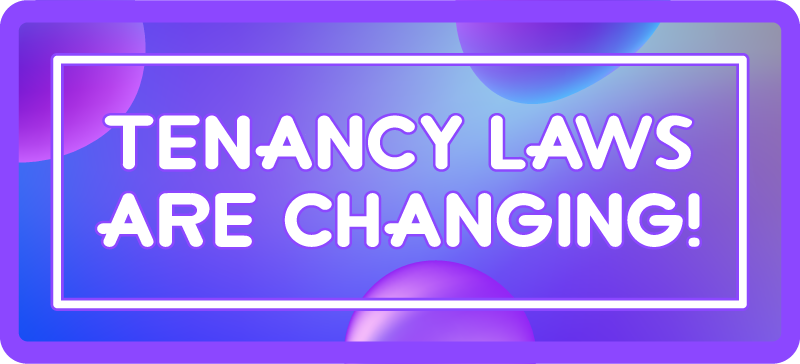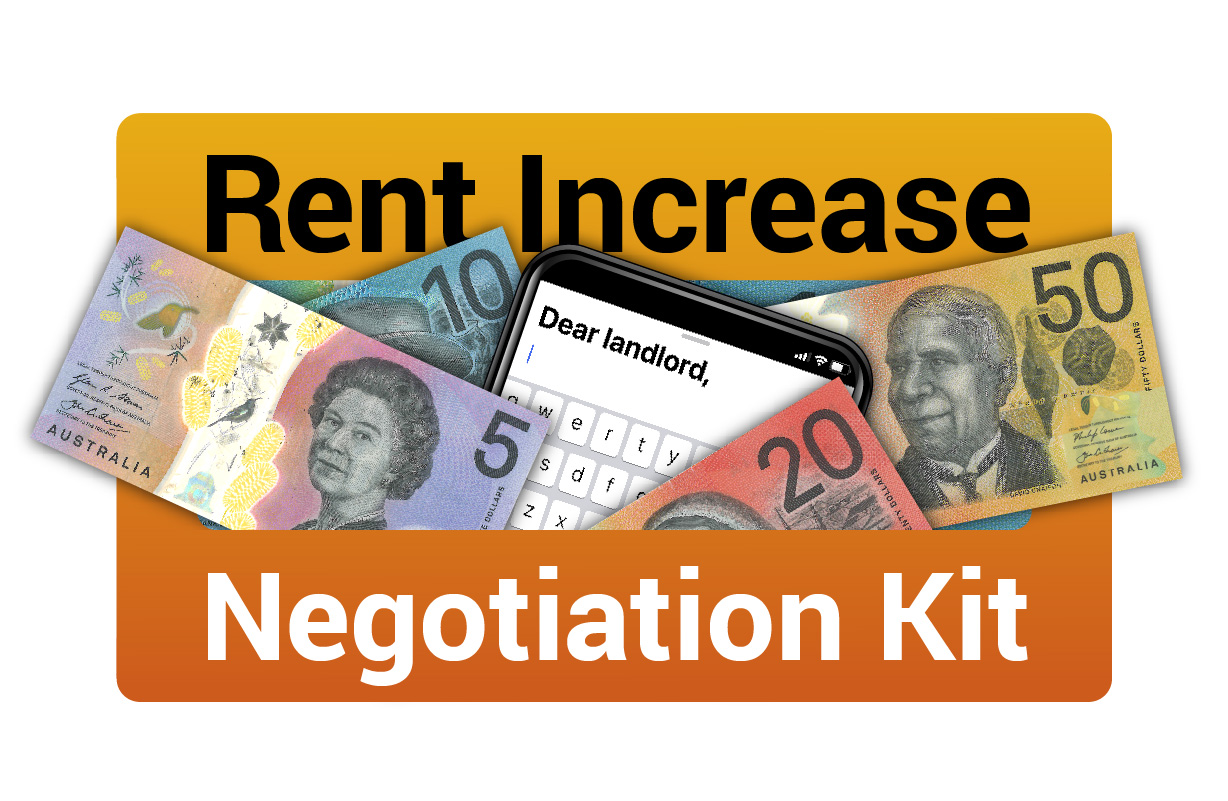Rent increases
This factsheet was updated in December 2024 to reflect the recent changes to tenancy laws.
As a tenant you have rights under the Residential Tenancies Act 2010 and Residential Tenancies Regulation 2019. This factsheet summarises the law in NSW about how rent may be increased, including how often it may be increased, correct notice, and what to do if the increase is excessive.
From 31 October 2024 the Residential Tenancies Act 2010 changed. The new rules restrict how often rent increases are allowed. There is now a 12 month cap on rent increases for most tenancy agreements – the landlord/agent cannot increase your rent:
- within the first 12 months since the start of the tenancy, or
- more than once in any 12 month period
This new limit is in effect and applies to all periodic (ongoing) agreements, and most fixed-term agreements. There are a small number of ‘excluded agreements’ (see ‘How often can rent be increased’ below). If you are unsure if you have an ‘excluded agreement’ or not, contact your local Tenants Advice and Advocacy Service.
The new 12 month limit on rent increases also applies to any new agreement for the same premises (including renewal), as long as the landlord and at least one tenant remains the same.
You are entitled to proper written notice for all rent increases.
If you are a tenant in public or community housing – social housing – see ‘Public and community housing tenants’ below.
Factsheet updated December 2024
This factsheet is intended as a guide to the law and should not be used as a substitute for legal advice. It applies to people who live in, or are affected by, the law as it applies in New South Wales, Australia.
© Tenants’ Union of NSW.




